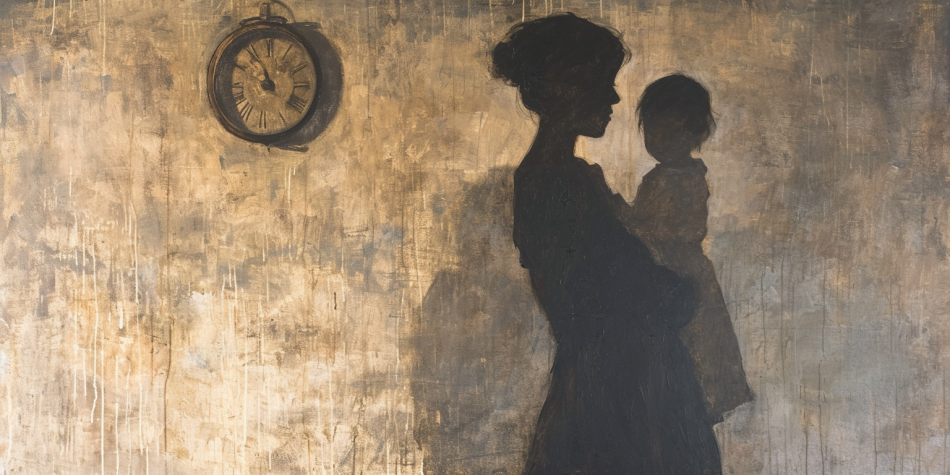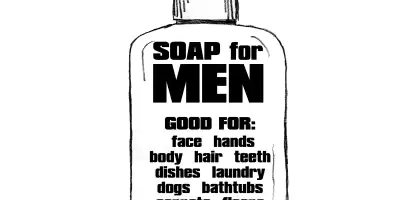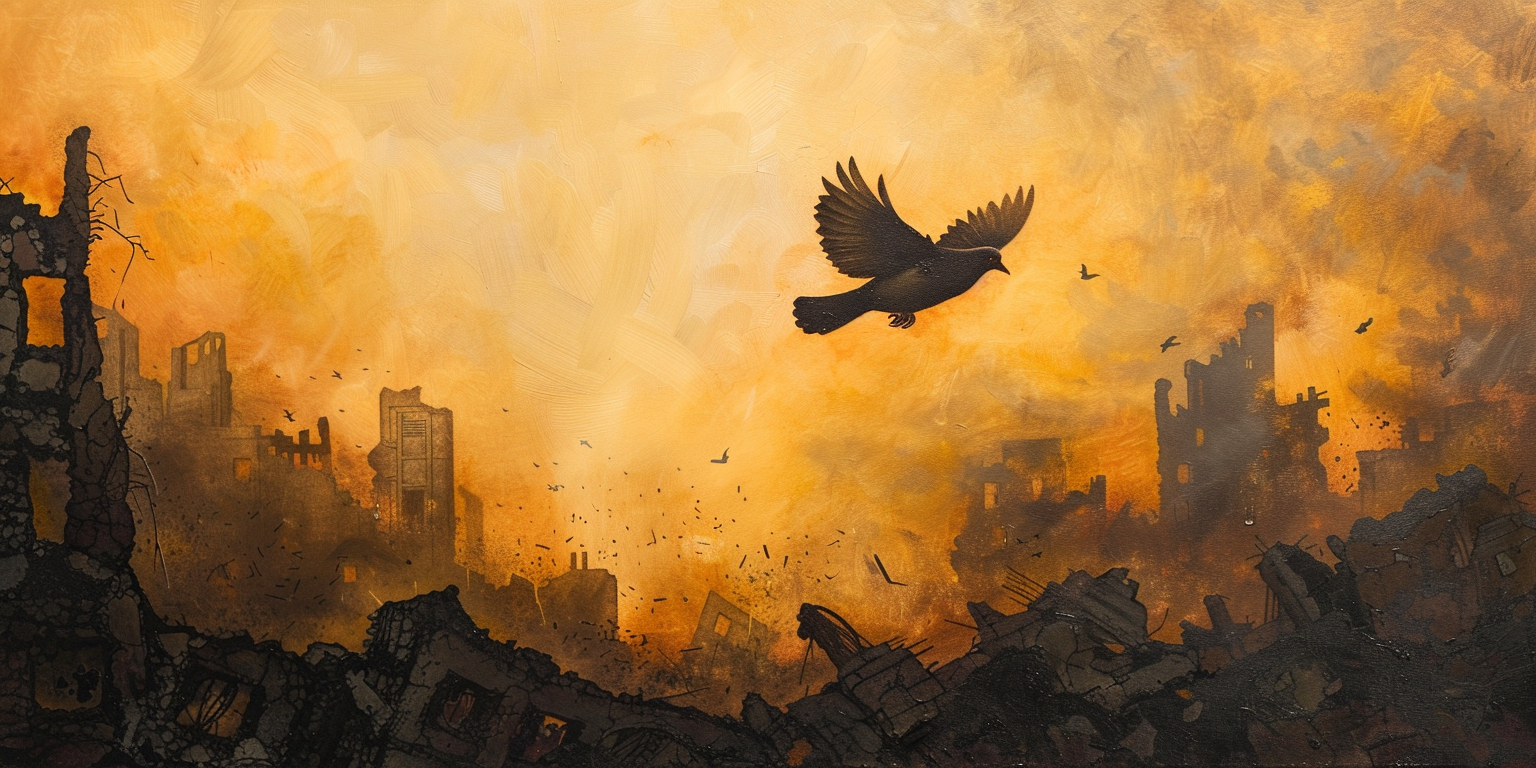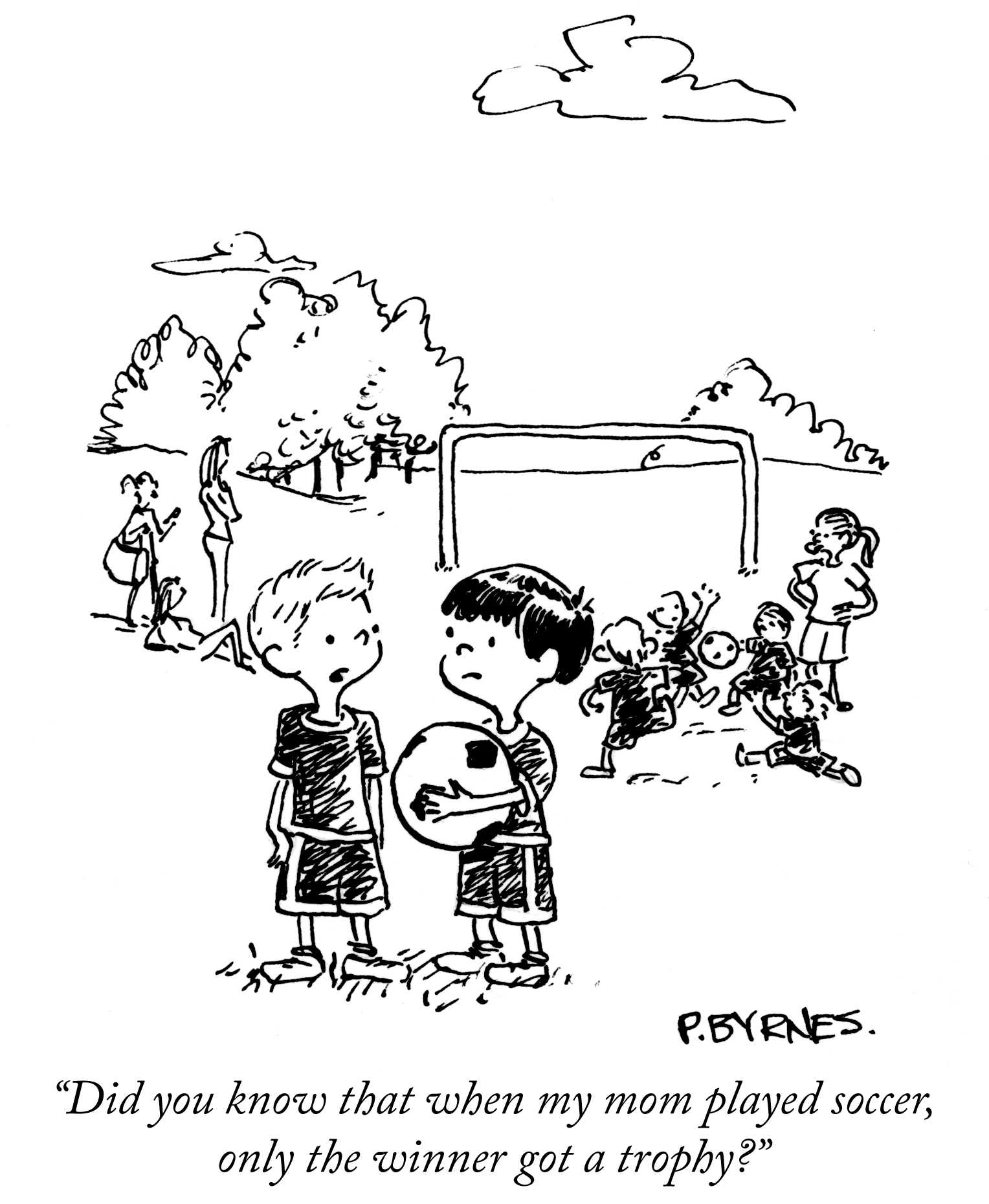Sorry to be dramatic, but a few weeks ago, I had a heart attack.
Yes, seriously. I never dreamed middle-aged moms’ coronary arteries suddenly shredding themselves was a thing, but apparently, it’s a thing. One moment, I was brushing my hair; the next moment, I collapsed, I couldn’t breathe or see, and my right arm went totally limp. My four little children were still in their beds, waiting for Mommy to come get them up. The fear they would find me dead is the most terrible thing I’ve ever felt.
Technology, wealth, and peace have insulated me from the tragedy that has been perfectly ordinary throughout human history. I felt like I owned my life as long as I did a pretty good job with it; I raise my kids pretty good, I live the gospel pretty good, and I don’t get in knife fights or hang glide or do drugs.
But now, my illusion of entitlement is shattered. I’ve no right to be here. I’m not entitled to be alive. I own nothing because the ancient wisdom was always true: The Lord gives, and the Lord takes away (but didn’t go through with it this time). Blessed be the name of the Lord.
I’m besotted with gratitude that He let me stay. There’s nothing like a brush with death to make you count your blessings. But I’m also reeling with dismay that it happened (and that it has an uncomfortably high chance of an encore). I guess I’m grieving my old illusion. I’m not entitled to be alive.
Maybe I’m the only one impertinent enough to imagine “How dare you, Sir” -ing the Almighty, but plenty of others have as good and better reasons to beat down the door at the heavenly Complaints Department. The longer I experience life as a mother, the more I can’t help crying when I read about mothers losing babies and babies losing mothers. I don’t dare read many headlines out of Israel, Yemen, or Sudan. I used to love visiting historic sites, but Alice Frary’s gravesite on Antelope Island wrecked me last summer. A friend my age who was born in a developing country told me both her and her brother’s names mean “good health.” Did it ever occur to you to name your children “good health” as a prayer they’d survive to adulthood?
We think we’re normal and boring. But a peaceful, prosperous life with my loving husband and children, growing old in good health, as a member of latter-day covenant Israel, is such an absurdly lucky stroke when considered in historical context that I might as well be a Powerball winner. There’s an entire Millennium coming just to give everyone else the chance to have the life I’m already living.
I’m grieving my old, uncomplicated outlook where I took for granted a seamless transition from a happy life to a happy eternity. Untimely death and tragic separation from my little kids, who need me so much, is too terrible to contemplate, but I have to. I thought I trusted the Lord, but I don’t really, not with them.
So I’m alive and grateful but suffering ongoing symptoms, a bit paranoid about a recurrence, and wrestling with a feeling of vexation with God (and sheepishness for being vexed with God). Happiness is not very high on my current list of feelings. It will be again, but it’s not right now.

What does God want?
Our society doesn’t care much about what God wants except to self-servingly proclaim God wants us to be happy. God isn’t going to rewrite His commandments to ease modern woes.
It’s tempting to answer a different, much easier question—of course, God loves everyone just as much as everyone else, the unfortunate perhaps even more than the fortunate. But the actual question—how does God prioritize our happiness?—is difficult. The answer is that He does care, surely, but not necessarily in the way we’d ignorantly prefer. He weeps for us but seems more moved by our self-inflicted spiritual suffering than our hardships in life. There are plenty of miracles, but far more often, He allows events to take their course. The Savior came to earth to be one of us in order to suffer with us and succor us, not to bippidi-boppedi-boo our troubles away.
C.S. Lewis called it: “I’m not sure God wants us to be happy. I think he wants us to love and be loved. But we are like children, thinking our toys will make us happy and the whole world is our nursery. Something must drive us out of that nursery and into the lives of others, and that something is suffering.” Pain is instrumental, necessary. Hope in the Millennium and eventually the Celestial Kingdom is our comfort, not deliverance from difficulties now. God really will reunite families, give parents the chance to raise their children, allow those who didn’t have the chance in life to finally marry and have children, and wipe all tears from our eyes. But we have to wait for it.
Where wealth and technology make life Instagrammable and seemingly risk-free, we’re lulled by the flippant God wants us to be happy, or its dark corollary, any suffering proves there is no God because if there were a God He’d want us to be happy. The path from the first to the second, from flippant faith to angry atheism, is not long when pain interrupts an assumption of entitlement.
Instagram theologians, including many Christians who ought to know better, pile on even more flippant assertions: God wouldn’t want and God would never.
God wouldn’t want me to be alone.
God would never expect me to live inauthentically.
God wouldn’t want me to deny myself love.
God would never inspire His prophet to endorse a vaccine I oppose.
This is obvious nonsense to anyone who takes the scriptures seriously. We strive to follow a Savior who told us to take up our own crosses, to cut off our own hands, to observe our covenants by every sacrifice which the Lord shall command. The God who dragged our ancestors across a continent on foot and allowed horrific infant and maternal mortality rates isn’t going to re-write His commandments to ease modern woes. We’re here to be proven, much more than to be happy.
In October, President Nelson urged us to “think Celestial.”
“When someone dies prematurely, think celestial …
“Consider the Lord’s response to Joseph Smith when he pleaded for relief in Liberty Jail. The Lord taught the Prophet that his inhumane treatment would give him experience and be for his good. “If thou endure it well,” the Lord promised, “God shall exalt thee on high.” The Lord was teaching Joseph to think celestial and to envision an eternal reward rather than focus on the excruciating difficulties of the day.”
If we don’t try to see from God’s eternal perspective, the sorrows meant to purify us will instead only fester. We’re here to be proven, much more than to be happy. We’re here to learn happiness on God’s terms, not ours.
What does God want? For us to act justly and to love mercy and to walk humbly with Him. To be grateful for succor in times of hardship. To enjoy our blessings without feeling entitled to them. To choose difficult obedience over unscriptural platitudes about happiness that will inevitably turn to ashes.
To trust Him, though He slay us.


















